City of Greater Geelong council elections: Female candidates double
Geelong council has a chance to reach gender parity for the first time in 110 years – when women were allowed to run.
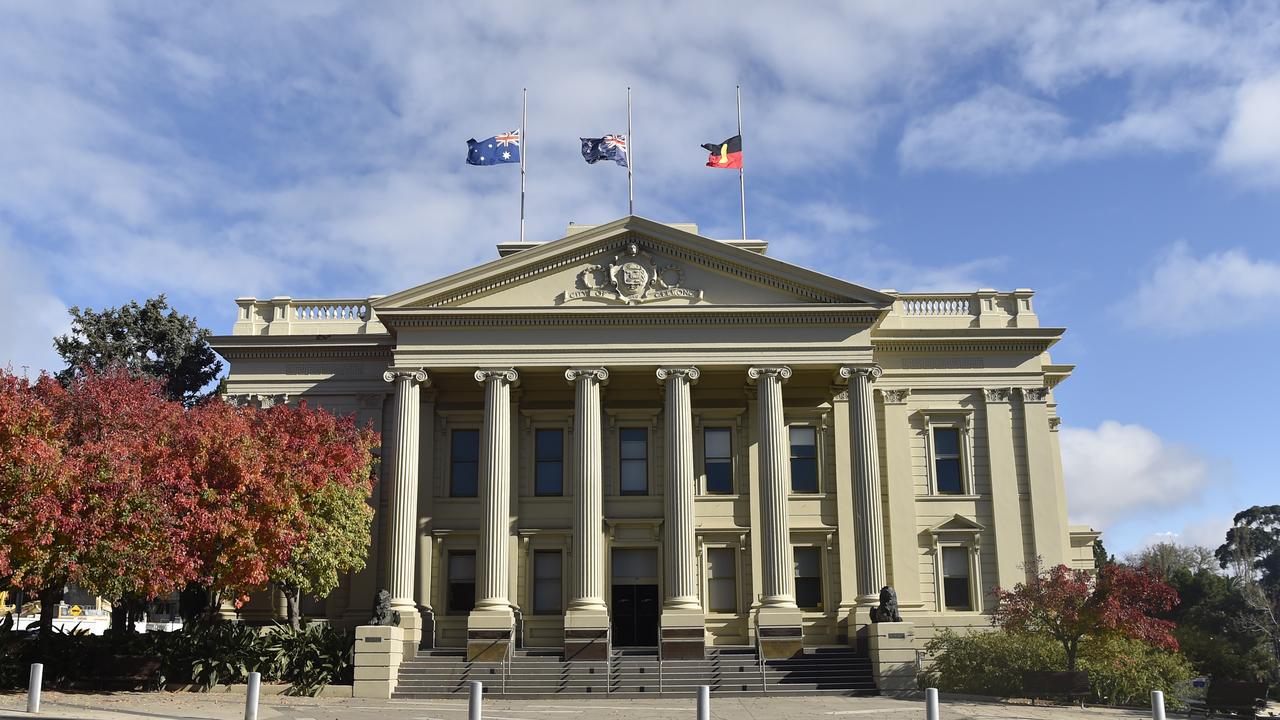
Geelong
Don't miss out on the headlines from Geelong. Followed categories will be added to My News.
Geelong is on the brink of achieving gender parity as the largest number of female candidates has put up its hands in the council region’s history.
Gender parity advocates have said this meant Geelong was ahead of the statewide curve this council election.
“Instead of it being exceptional for women to put their hands up, they’re just doing it,” said Women in Local Democracy (WILD) convener Jenny Wills
The number of female candidates in this year’s council elections has more than doubled.
Out of the total 51 candidates registered for October’s council election in Geelong, 23 are women.
Just 11 women stood for council in the last elections in 2020.
Ms Wills said this meant the City of Greater Geelong had a chance to achieve the Victorian government’s gender equality strategy aims of having 50/50 gender representation by 2025.
“Geelong is doing quite well,” she said.
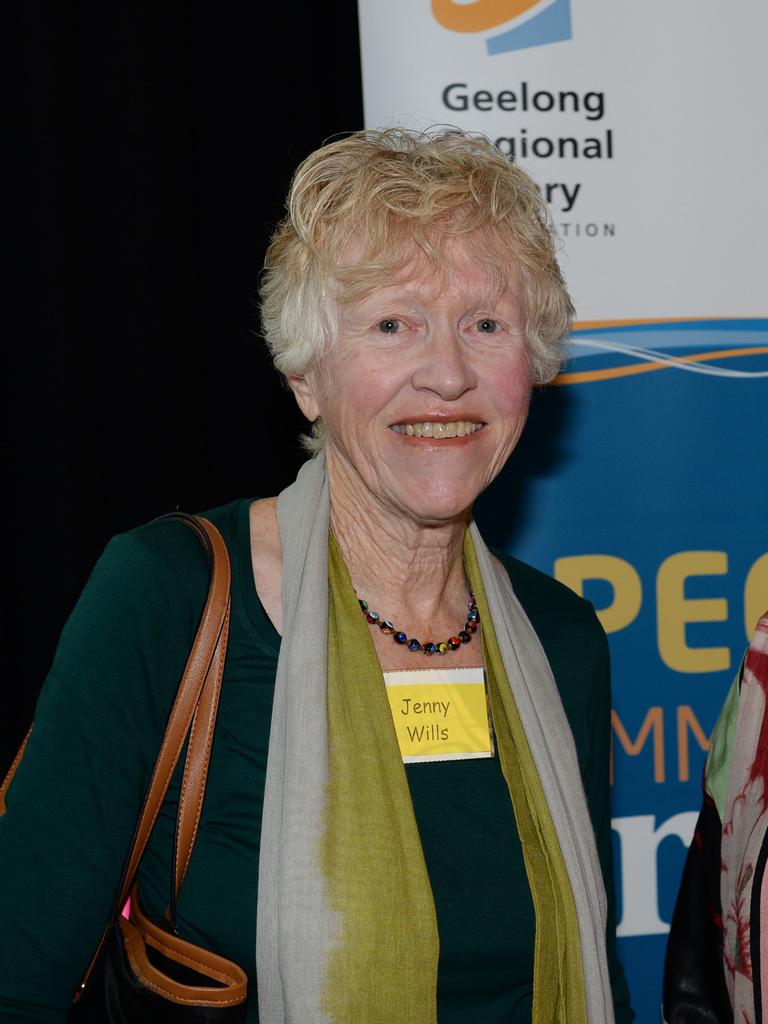
“Nearly half of the candidates are women, women are standing in all the wards, so it’s now the possibility that gender parity could be achieved.
WILD is a local advocacy group which aims to encourage women in the Geelong region.
Ms Wills said the number of women running was “encouraging.”
“We’re getting to a stage of normalising it,” she said.
Ms Wills said Geelong would go against the Victorian average if it were to achieve parity.
“I don’t think (parity across Victoria) will be (achieved),” she said.
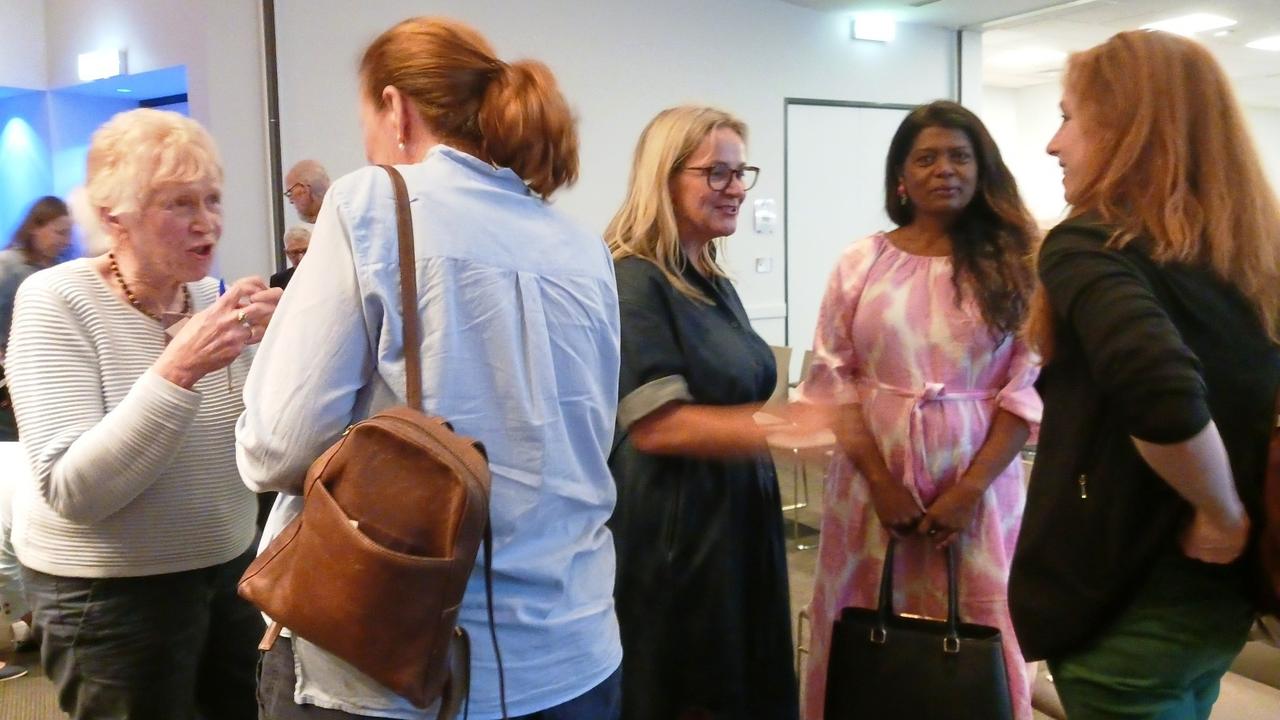
“It was estimated that there would need to be 1000 women standing across Victoria.
“I don’t have the actual number, but it’s short of 1000.”
Ms Wills said gender parity in local government was important.
“I think it needs to be looked at in terms of local democracy, and with the basic tenet of equality,” Ms Wills said.
“Women are a majority of the population, 51 per cent, but are under-represented.”
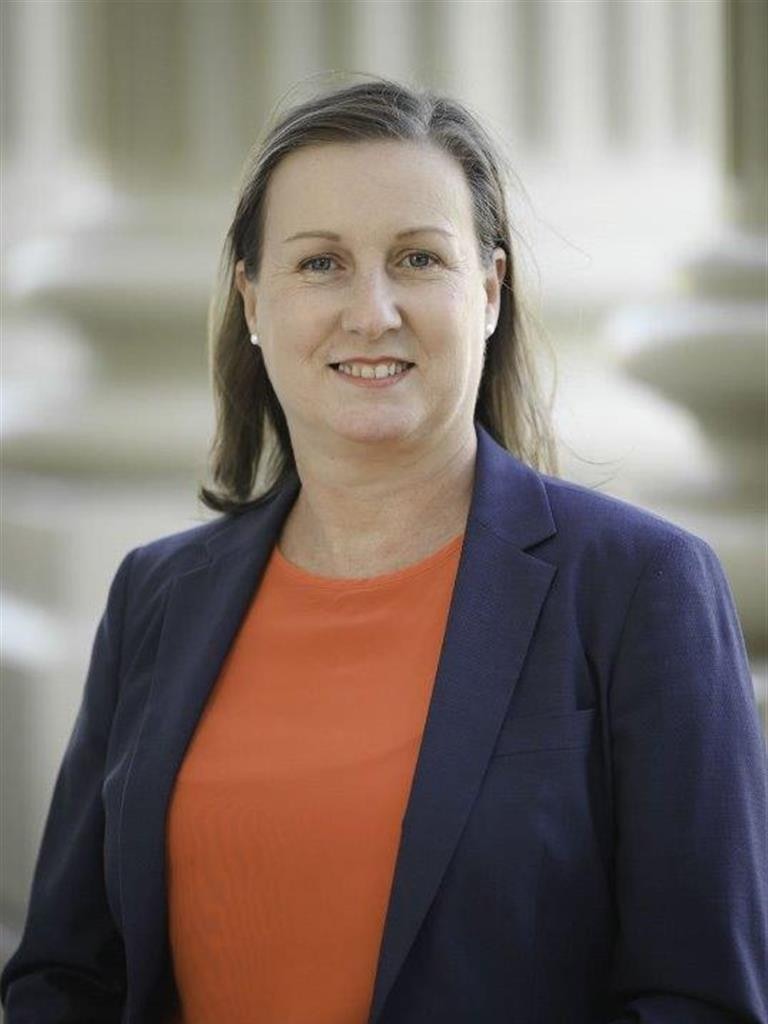
Women were first allowed to run for office in Victorian local government elections 110 years ago, but Ms Wills said a variety of factors, predominantly centring around traditional gender roles, have kept women from running for public office.
“There have been barriers to women’s participation over the years that have started to be addressed,” she said.
Independent Barrabool Hills candidate Aleta Moriarty said there is “significant evidence” that organisations with gender parity perform better.
“When we empower women, we empower entire communities,” Ms Moriarty said.
“We build stronger families, stronger neighbourhoods and a stronger democracy.”
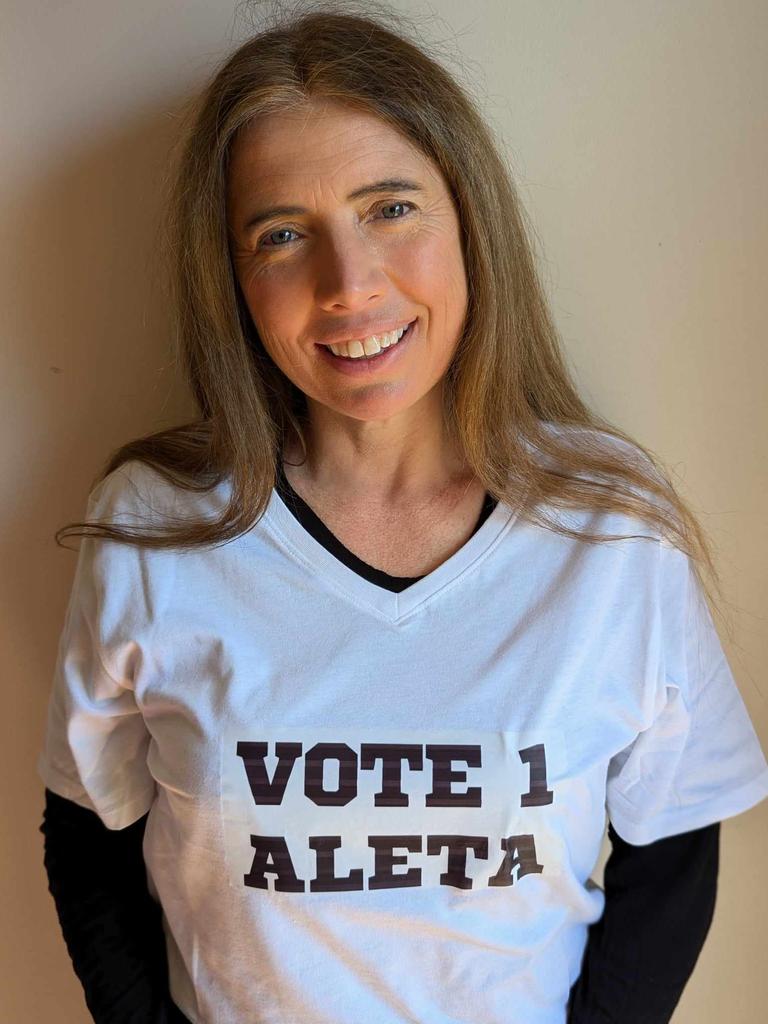
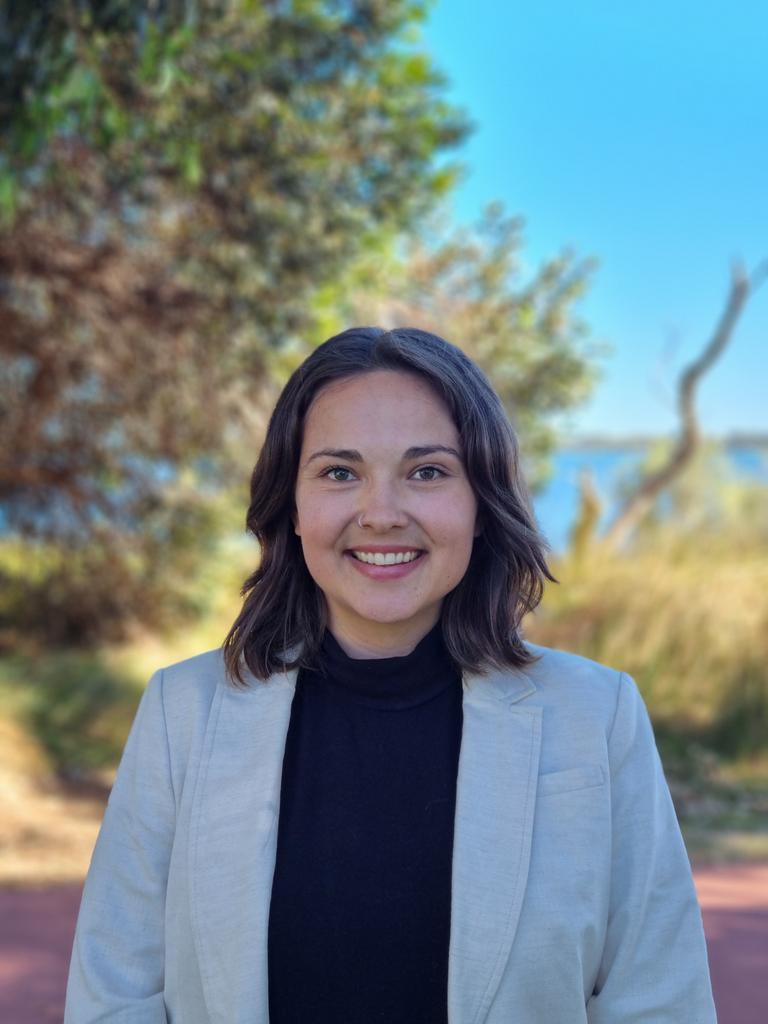
Greens Kardinia ward candidate Emilie Flynn echoed Ms Wills’ remarks, agreeing council should be representative of its constituents.
“Our communities are made up of people of all genders, ages, backgrounds and skill sets; our elected representatives ought to reflect that,” Ms Flynn said.
Four out of Geelong’s 11 councillors are female, meaning 36 per cent.
This is below the average for Victoria, with 43.8 per cent of councillors being women.
A total of 47 out of 76 councils have achieved gender parity.
One of those 47 councils is the Surf Coast Shire, which has a five to four split on gender in favour of women.
The shire will have a slightly lower percentage of women candidates this year, with a total of seven out of 16 versus the 10 out of 21 put up in 2020.
This is juxtaposed with the figures in Golden Plains Shire, where only one out of seven councillors are female.
The percentage of women standing has increased, but only due to less men running, the number has stagnated at three.
The number of female candidates in the Borough of Queenscliffe has also gone backwards from 2020, when a majority of candidates were female.
Only four women will run this year with six men, the percentage matching the current split between councillors which currently sits at two female and three male.
Local council elections will be held in Victoria by post this October.
More Coverage
Originally published as City of Greater Geelong council elections: Female candidates double






